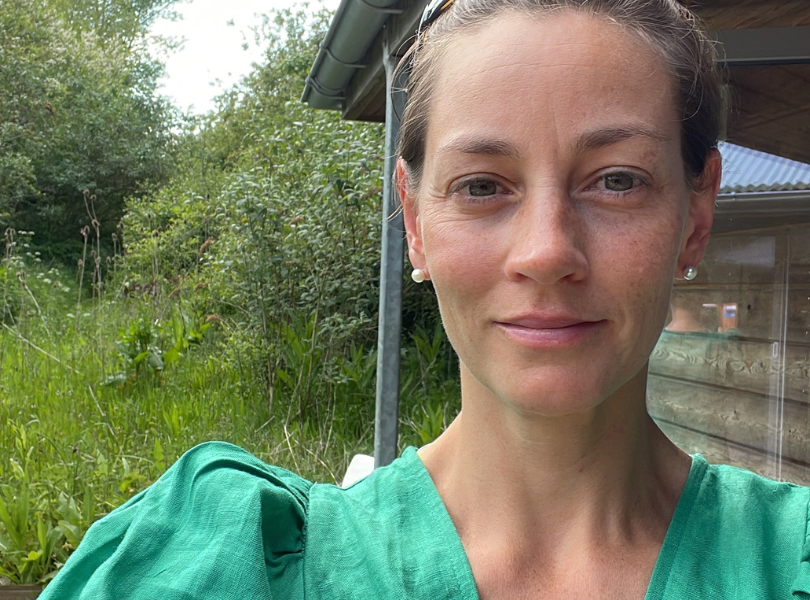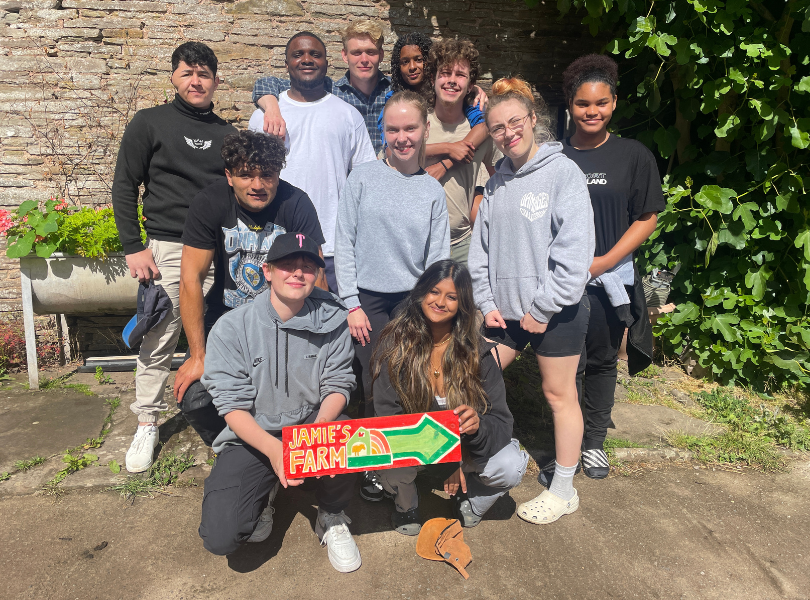‘Like Spiderman said; ‘With great power comes great responsibility’, but nobody’s teaching you about it’ Jack, 19
This morning alone I have Googled ‘how to mend a leaky tap’, made a dental appointment, and rung a friend for help when my bike got a puncture. Thank goodness for mobile phones! With almost 90% of adults in the UK now owning a smartphone, we’ve learnt to rely on their benefits, and they are most certainly here to stay. But what does this mean for our children?
Childhood has been transformed over recent years, as the use of phones has replaced so much time previously spent on imaginative play, building friendships and physical activity. With under 14s spending an average of 23 hours a week looking at smartphone screens*, they occupy many waking hours of a child’s life. I have been listening to children, trying to discover the impact of their phones. Their answers have shown me that never before have young people had such a powerful tool for good or bad in their hand and yet with so little support, education or monitoring of its effects. Teenagers in particular struggle to create their own boundaries, as their brains are wired for impulsive gratification and they live in the here and now. The seduction of a phone is almost impossible to resist. Consequently, children find it hard to escape what smartphones bring, unbidden, directly into their lives.
For many young people, a smartphone was their main source of connection throughout the pandemic. For some, this was a positive distraction from difficult family life and a source of entertainment, with endless TikTok and social media on demand. For others, this constant connection is a source of social and personal anxiety. Recent studies have shown that frequent social media use disproportionately negatively effects the mental health of teenage girls in particular. Some children have expressed to us that their reliance on their phone during these last two years has amounted to nothing short of an addiction. They feel deprived without it, cannot get to sleep at night. Phones mean they have forgone making the effort to have person to person contact with friends and family, and struggle to be alone with their thoughts and feelings.
Yet on Jamie’s Farm, we remove phones for the entire 5 day visit. There is surprisingly little resistance, despite initial disbelief that the children can or should manage without them. Relief is expressed for some, the boundaries are being made for the child. Time spent in physical activities and engagement brings a different sense of wellbeing. Sleep comes, as there is no distraction and early mornings are greeted with relative ease after a more solid night’s sleep. Some children feel free from the burden of managing a 24/7 social life or bombardment by social media to aspire to often the unattainable. Some take time to transition into discovering they can communicate in ‘real life’ and even have fun and playful interactions with others that bring joy. Resilience builds as the retreat to phones is not available.
“No phone is hard – being cut off from your other friends and family at home, but it was nowhere near as hard as I expected it to be. I had friends up in my room and we’d be talking for ages, I just didn’t need my phone!” Michael, 15
Back at home in their bedrooms, smartphones bring access to information with no filter, discussion, or mediation by adults. Teenagers have always wanted a private life away from parents- but never before been vulnerable to a constantly open gateway, exposing them to the negative threat of exploitation. For those most disadvantaged children, who may crave social connection and approval, this risk is even greater. As Jack so rightly said in our conversation about technology, ‘With great power comes great responsibility, but nobody’s teaching us about it’. Whose responsibility is it then to teach children how to navigate this digital world? If a task of education is preparing children for their future, is it time we put technology and use of mobile phones at the heart of the curriculum?
We may not have the answers yet, but it’s a conversation that is necessary to ensure we protect all children and enable them to thrive in a future built on technology.
In Focus: Episode 2
Listen below or select a platform to listen on here.
If you don’t already, you can follow Tish and Jamie’s Farm on Twitter here: @JamiesFarm and @FeildenTish



